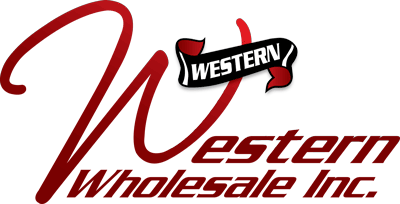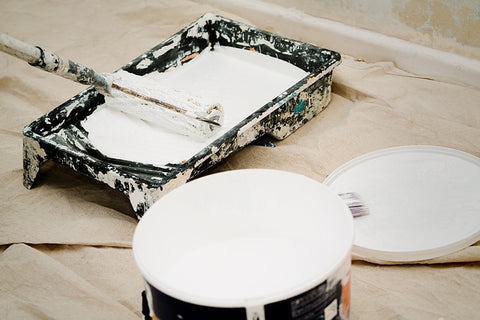Before ‘getting rid’ of any of the following items listed below, you are encouraged to do research within your country. It is important to dispose of household items in a safe and environmentally friendly manner.
Cleaning Supplies
Most household cleaning supplies contain harsh ingredients that shouldn’t just be tossed in the garbage. Check the back of each bottle to see if there are disposal instructions. Many liquid, gel or powder cleaners can be disposed of in the same way that the product is used, such as down the drain. Plastic bottles and aerosol cans can often be recycled when empty. Products with hazardous chemicals like oven cleaners should be taken to a waste disposal location.
Appliances
Fridges, freezers, window Ac units and dehumidifiers may contain toxics such as mercury, so sending to the landfill is not a good idea. If they are in good condition you can resell to a business/individual or donate to a group (school, charity).
Batteries
We’ve all been there – the dead remote, weak flashlights, beeping smoke alarms; we get frustrated and quickly toss the used batteries. While completely depleted alkaline batteries like these don’t usually contain enough hazardous material to do much harm, throwing them away in bulk can have an effect on the surrounding environment.
The more acidic batteries that you need to be wary of are car batteries, lithium and lithium ion batteries, rechargeable batteries, and zinc air batteries. The materials used in these are extremely toxic and should be brought to a proper hazardous waste disposal facility.
Paints
Oil based paints, paint strippers or removers, varnishes, stains, and coatings are highly flammable and use chemicals that are considered hazardous. You can check with the supplier for information on how to dispose. If you are using latex, or water-based paints, you can actually dry these out – away from children and pets – and dispose of them regularly with your normal trash.
Being mindful of what constitute as hazardous materials in your home is the most important step in preventing undue contamination.


